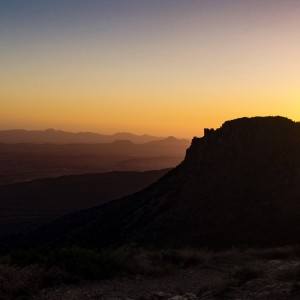The Stream, April 8: Brazil Investigates Rio Sewage Plants
The Global Rundown
Police in Brazil are investigating whether or not sewage plants in Rio de Janeiro are actually treating wastewater, while environmental regulators in Minas Gerais say tailings leaks must be stopped before operations can resume at a beleaguered iron ore mine. Venezuela will have holidays every Friday for the next two months as the government tries to cut energy usage amid a drought. The World Bank announced it will spend 28 percent of its investments on projects to address climate change. Fracking operations in Alberta will be allowed to resume, months after a major earthquake was linked to oil and gas drilling. Scientists found that rising water levels in rivers could trigger more greenhouse gas emissions.
“This is a fundamental shift for the World Bank. We are putting climate change into our DNA. Climate change will drive 100 million more people into poverty in the next 15 years [unless action is taken].” –John Roome, senior director for climate change at the World Bank, on the bank’s announcement that it will spend 28 percent of its investments on climate change projects. (Guardian)
By The Numbers
6 sewage treatment plants Number in Rio de Janeiro where police took water samples and collected documents in a surprise sting to investigate whether or not the plants are actually treating the city’s sewage. Associated Press
3 meters Height of current water levels at Venezuela’s Guri Dam above a critical threshold that would suspend operations at the major hydropower plant there. In an effort to reduce electricity usage, the government announced that every Friday in April and May will be holidays. Bloomberg
4.8 Magnitude of an earthquake in Alberta in January that was linked to hydraulic fracturing operations. The company drilling for oil and gas in the area was given permission to resume operations. Reuters
Science, Studies, And Reports
Rising water levels in rivers trigger a frenzy of microbial activity at the river’s edge, where surface water and groundwater mix, according to a study by researchers at the U.S. Department of Energy’s Pacific Northwest National Laboratory. As a result, more carbon and greenhouse gas emissions could occur naturally, the study found. Pacific Northwest National Laboratory
On The Radar
Brazil’s environmental regulators say they will not reauthorize operations at the Samarco iron ore mine until the company fixes leaks in barriers meant to contain mine tailings. In November, tailings dams at the mine in Minas Gerais burst, releasing a toxic flood that killed 19 people. Reuters
A news correspondent for Circle of Blue based out of Hawaii. She writes The Stream, Circle of Blue’s daily digest of international water news trends. Her interests include food security, ecology and the Great Lakes.
Contact Codi Kozacek






Leave a Reply
Want to join the discussion?Feel free to contribute!